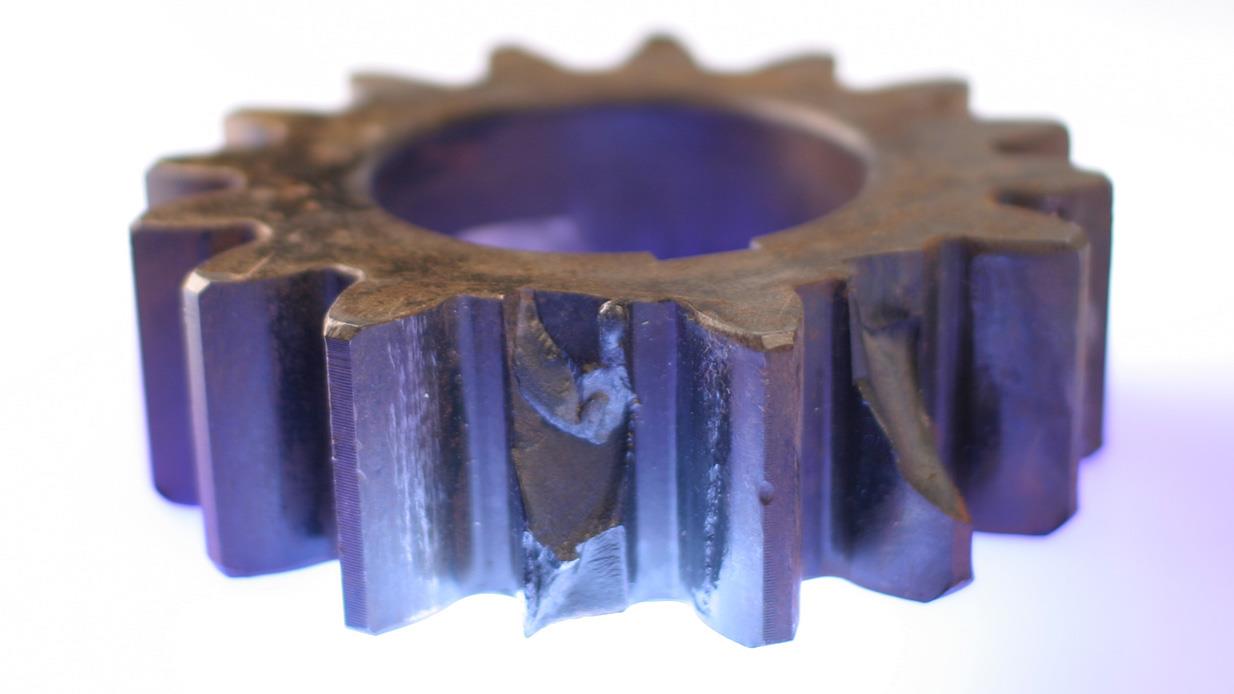How to Define a Lubrication Failure

"How would you define a lubrication failure?"
A failure is a lack of success in accomplishing a goal or expectation. Therefore, to define a lubricant failure, it is important to describe the goals that were not achieved in terms of lubrication. These goals often are attributed to the lubricant but are supported by the lubrication method, system and practices. They would include providing a lubricant film to separate moving parts to minimize friction, wear and excessive heat generation; acting as a heat-transfer fluid to cool machine components; transferring force/executing work in hydraulic/hydrostatic applications; and allowing the removal of contaminants from the lubricant and lubrication system through a separation method. In addition, the lubricant should also prevent the buildup of varnish and sludge in the system, remain in place even with some clearances in the lubricated components, simplify/extend relubrication activities and inspections, and protect against rust and corrosion.
Attaining these goals will contribute to extended machine life and reliable operation. However, when just one of these goals is not achieved, you could say there has been a lubrication failure. This may represent a number of possible failure modes that are the result of a single cause or a variety of combined causes. These causes may be generated by the lubricant's properties and performance, the lubrication system, the lubricant handling and application practices, the machine's operation or the contaminants present in the environment.
Keep in mind that a lubrication failure will lead to a machine failure. Typically, machine failures related to a lubricant failure are easy to identify when there is a catastrophic issue. However, in other cases, the connection to the lubrication failure may not be evident, such as when it is combined with other mechanical/operational factors, when the lubrication failure has affected the machine's performance or efficiency but has not produced a catastrophic problem, or when maintenance practices mask ongoing lubrication problems, e.g., scheduling more frequent bearing changes to avoid catastrophic failures.
In conclusion, it is possible to define a lubrication failure as a breakdown that occurs when trying to achieve your lubrication goals. A more practical definition would be any lubrication-related failure that compromises the machine's reliability or lifespan. Remember, these types of failures may not always be traced to their root causes due to excessive scheduled practices, incorrect failure mode classification or a lack of sufficient information to analyze the issue.



_extra_large.jpeg)

